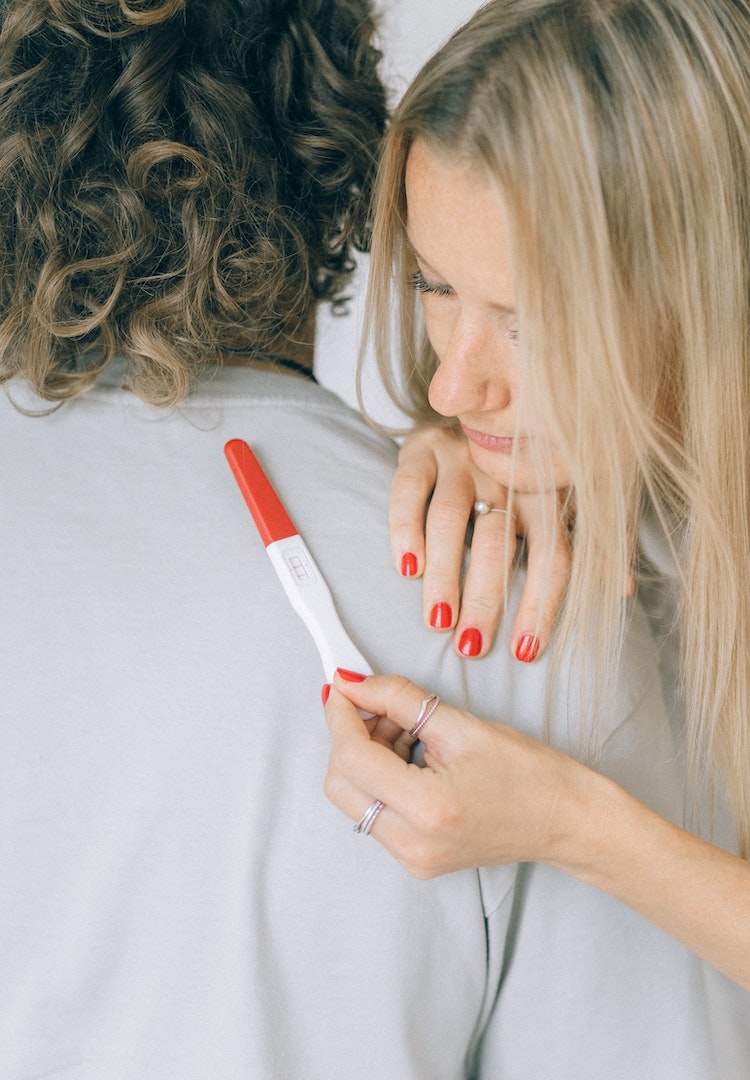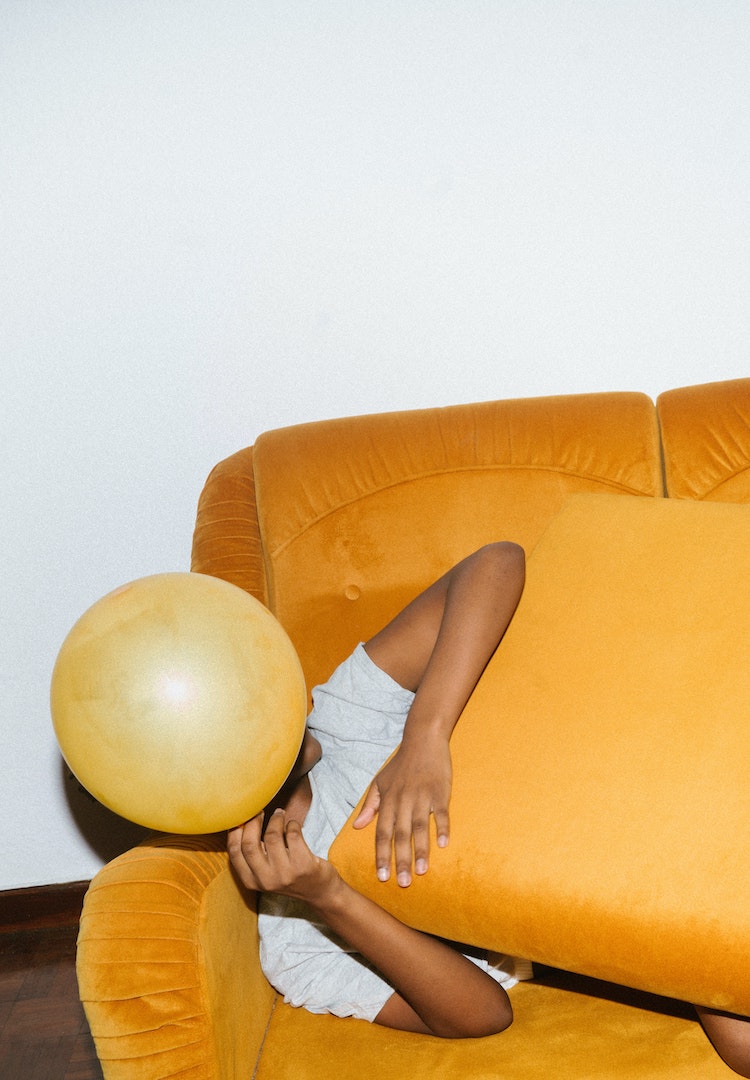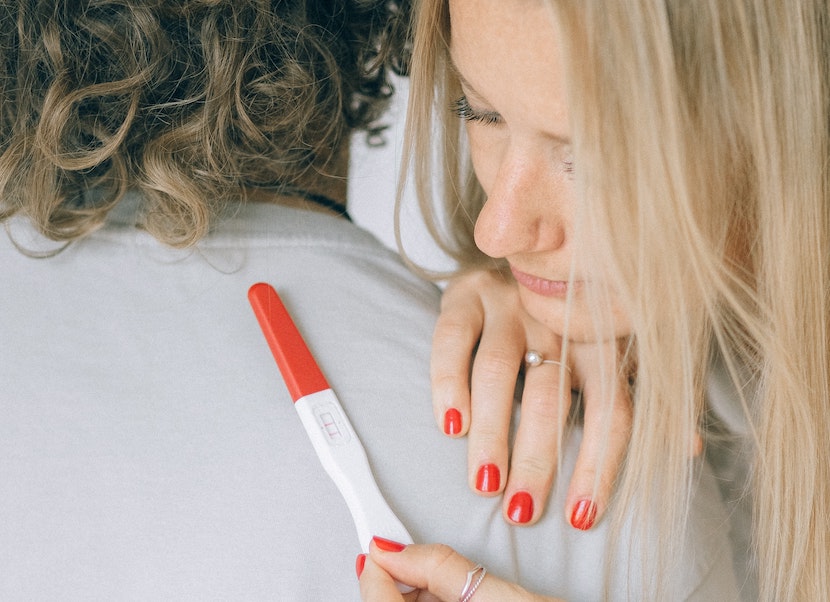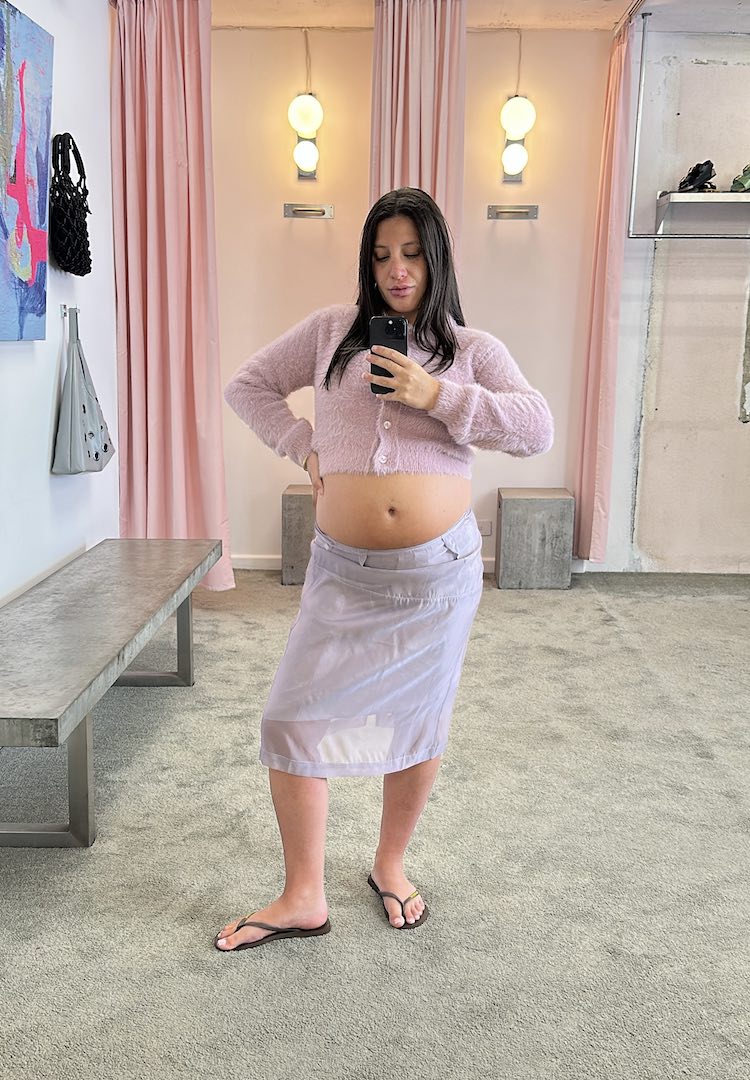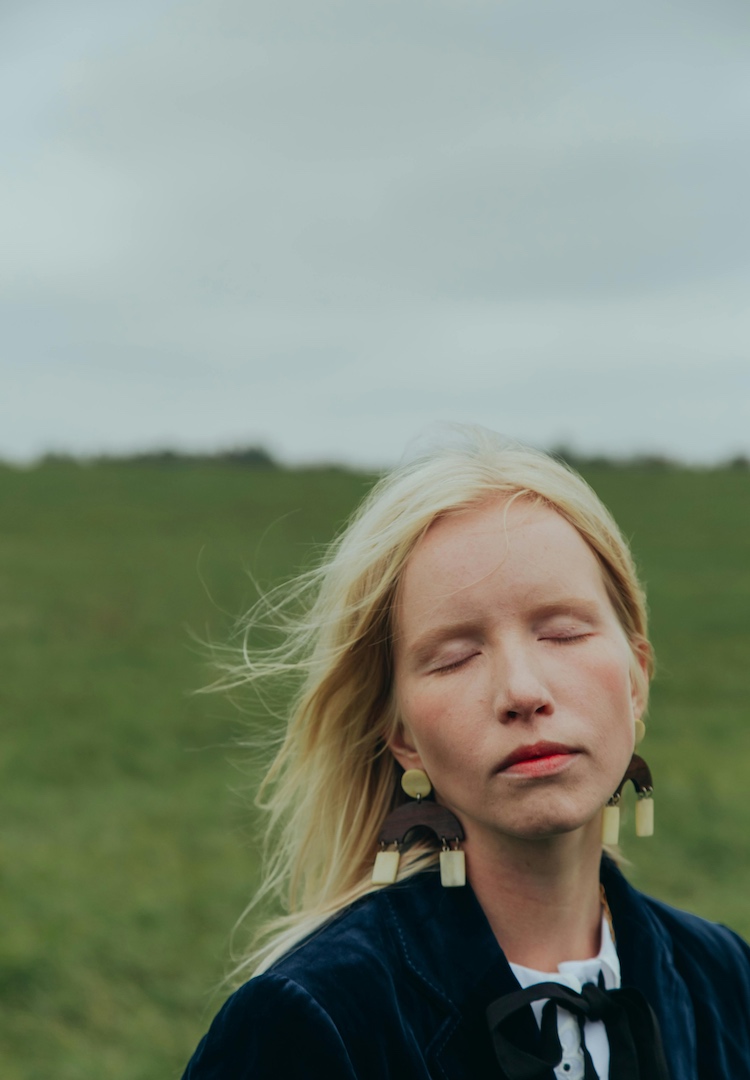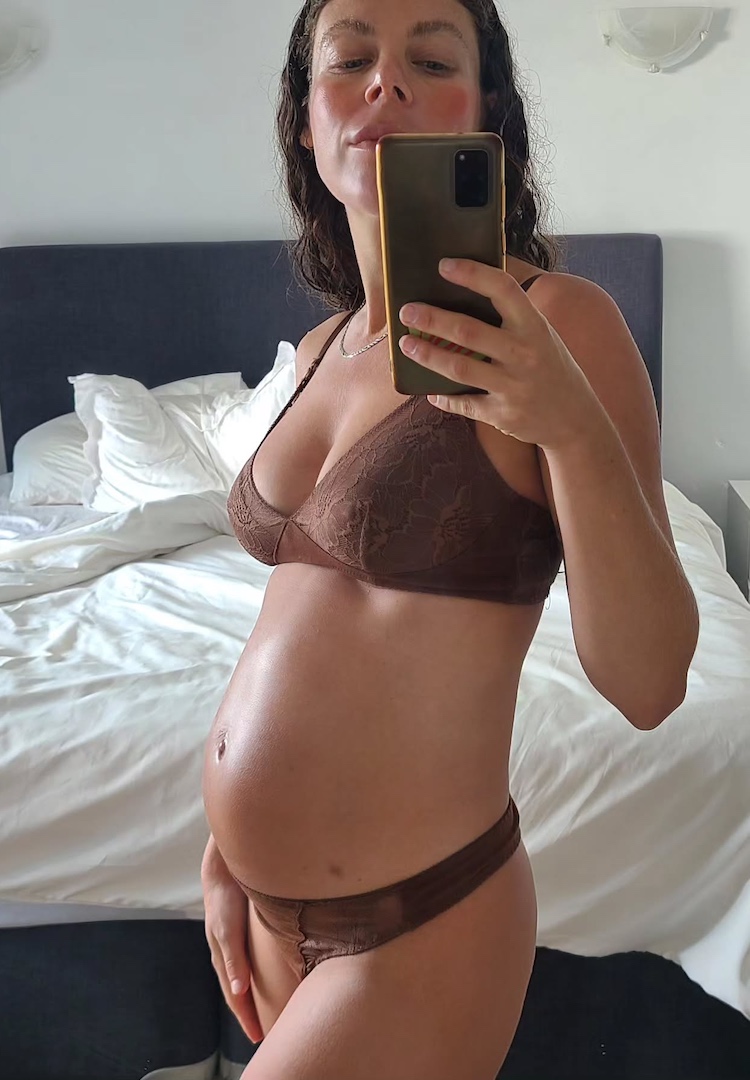I asked people who’ve had children if they regret it
WORDS BY CARA SYKES
“It’s only once you’ve had kids and are going through the challenges that people finally commiserate with you. Why do we wait until after the fact to be honest about how hard it all is?”
Admitting you have regrets about your life is no easy feat. It often means you start doubting the irreversible decisions you’ve made and become preoccupied with thoughts of ‘what if‘ – an unpleasant feeling for anyone. But there’s a particular kind of shame that society puts on parents who have regrets about having children.
The common understanding is that most parents love their children. This is an important distinction to make. Regretting having children can be due to an array of external factors, including a fractured identity, loss of independence or a struggle to find a balance between putting yourself or your child first. I spoke to Melissa Lagozzino, a clinical psychologist at New Door Psychology who specialises in antenatal and postnatal psychology, to find out more.
Interested to hear how others navigate the world? Head to our Life section.
“I mostly see regret in parents because of changes to their relationships, [a] decrease in life opportunities, loss of identity and parental burnout,” Melissa tells me. “It’s not discussed or researched often enough, but 7 to 13 per cent of parents report this experience in both European and American studies.”
Perhaps part of the issue lies in the unrealistic way we view parenthood. The challenging parts of the job are often downplayed with the ‘But it’s all totally worth it’ sentiment. And maybe it is for most. But it cannot be ignored that parenthood can be incredibly hard, and harder for some than others.
“What we do know is that the key difference between parents who experience regret and those that don’t, is the belief that being a parent has limited their ability to develop further personally or professionally, and that they have sacrificed too much for their families,” Melissa says.
Tess*, 33, tells me she feels misled by years of talk about the wonders of parenthood. “There are certainly some beautiful, life-affirming moments. But no one ever really told me the extent of the difficulties before I had my kids,” she tells me.
“Everyone was talking about how great it all is, how good and natural it is for a woman to be a mother. It’s only once you’ve had kids and [are] going through the challenges that people finally commiserate with you. Why do we wait until after the fact to be honest about how hard it all is? Honestly, I felt pressured by my children’s father and my family to fill this role, but in hindsight, I probably would’ve waited… or maybe I wouldn’t have done it at all. Maybe my kids deserve better.”
Beyond the guilt of hurting the feelings of children or partner/s, it’s not a confession we’re comfortable with hearing as a society. But our unwillingness to address it prevents us from being able to constructively assist those who are really struggling with the role.
“I don’t think our society can tolerate the ambivalence of parenting roles well,” Melissa confirms. “The ‘I love my child, but I miss my old life’ is delivered in a hushed tone and rarely repeated. We’re all afraid of being judged as cold, unloving [and] ungrateful. Children are born overnight, but it can take much longer to become a parent, if at all.”
Marni, 32*, and Joe, 34*, had a kid when they were young, and although they don’t regret their son, they regret how and when they had him. “I can’t take any of it back without wishing away my son, so I wouldn’t,” Marni tells me. “But that doesn’t mean I don’t have regrets.
“We had no money when we had him, and our living conditions weren’t great for so long,” Joe recalls. “We couldn’t send him to the schools we wanted to send him to [and] couldn’t let him join co-curricular teams because we couldn’t afford the required gear.
“If we were older, maybe we could’ve given him more, and had less of a hard time ourselves,” Marni concludes. “I also missed out on so many rites of passage for my age, so many memories I won’t ever have. I think we regret becoming parents when we did.”
Socio-cultural expectations of parenthood posit that women especially should be elated about becoming and being a mother – the rejection of this idea by any woman or parent is not met kindly. As we still exist in a patriarchal society with gendered expectations of women’s lives and bodies, we still assume women have ‘maternal instincts’ that can override their individual values.
Sara*, 26, never saw herself becoming a mother, but it happened to her anyway. Feeling pressured to go ahead with the pregnancy, she now struggles with feeling like no decision she makes as a parent is going to be good enough.
“It feels like everything you do is judged,” Sara tells me. “If you don’t have a child, you’re doing something wrong. If you do have a child but don’t love being a parent, you’re a monster. The worst part of it is, you can’t talk to anyone about it. It’s a pretty awful thing to have to keep all to yourself.”
So what do you do if you’re a parent experiencing this?
Culturally, we need to be open to more than one kind of parental experience and suspend any judgments we might have about parents who wish to express their reality. Everyone’s experience of parenting is unique, and by allowing people to own their truth without fear of retribution, we can better support each individual parent’s challenges.
“Shame and silence go hand in hand,” Melissa says. “There are usually contributing factors creating and maintaining these feelings, and parents can be supported to manage these feelings better through counselling and support programs.”
Without taking away the emotional magnitude of regret, perhaps it can also be a unique opportunity to learn about yourself and what you need. Regret can help you clarify your values, and it might even offer you the capacity to find moments of peace and gratitude for the things you have.
And if you’re a child whose parents have ever displayed stress, guilt or regret toward you, it’s important to realise and understand it wasn’t your fault. “You could have been any child and they would have likely felt the same way,” Melissa confirms. “Parenting can be hard far beyond [your] imagination, and no one knows how it’s going to change them until they’re in it and this is not a matter of love. Maybe society can become a little bigger to make room for parents’ needs, and then it wouldn’t leave as much room for regret.”
*Names changed for privacy reasons.
For more on deciding whether or not to have children, try this.


